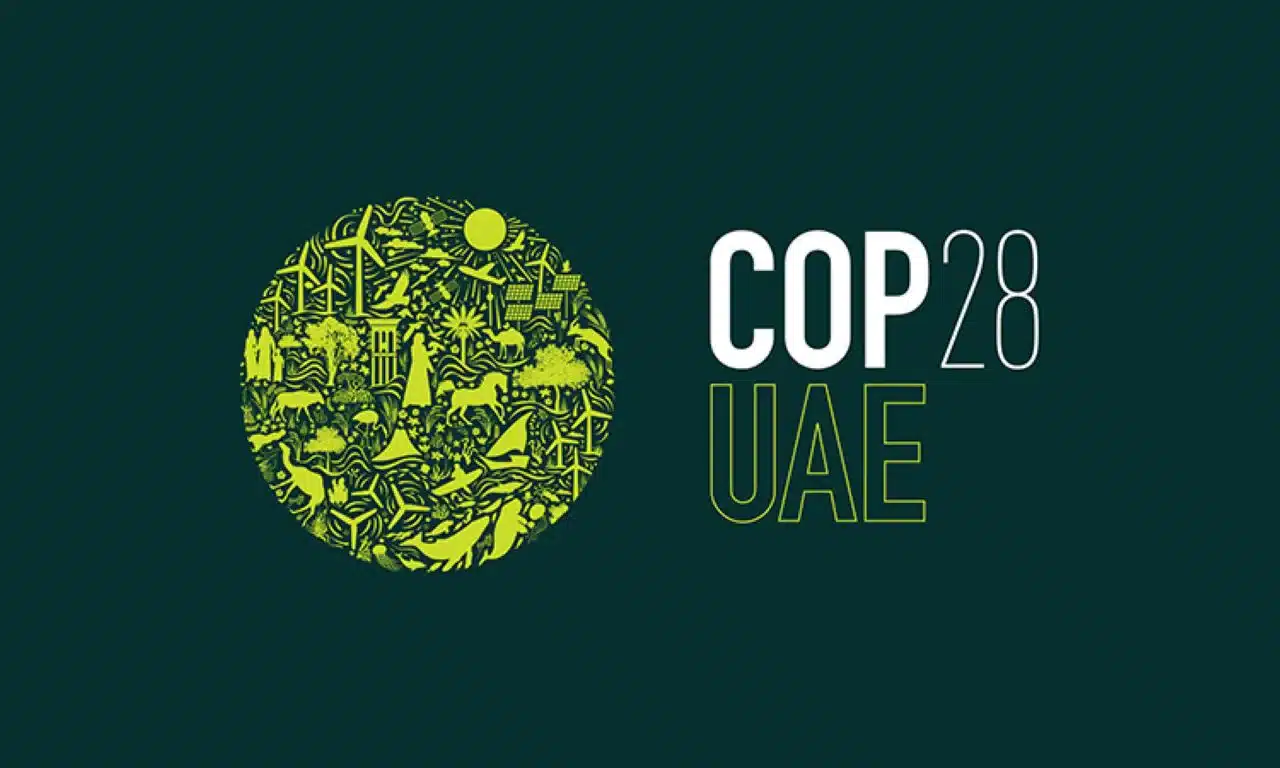16 October 2023, 22:10
The Council today approved conclusions that will serve as the EU’s general negotiating position for the 28th United Nations Climate Change Conference (COP28) in Dubai, United Arab Emirates, from 30 November to 12 December 2023.
In its conclusions, the Council highlights the opportunities that ambitious climate action brings for the planet, the global economy and the people, and the importance of ensuring a just transition towards sustainable climate-resilient and climate-neutral economies and societies that leaves no one behind.
Today we send a strong message to our partners: the EU is the global leader on climate action. In Dubai, we will be at the forefront of the negotiations to show the EU’s strongest commitment to the green transition and encourage our partners to follow our lead. The EU is a driving force for change and we have to speak with a single voice in the world. We can simply not use difficulties as an excuse to turn back to a pre-Paris agreement situation.
Teresa Ribera Rodríguez, acting Spanish third vice-president and minister for the ecological transition and the demographic challenge
Increasing global ambition towards climate neutrality
Member states highlight the importance of substantially scaling up global climate ambition to keep the 1.5°C objective within reach, in line with the Paris Agreement. They stress that collectively, Nationally Determined Contributions (NDCs) and their updates are currently not sufficient to reach the objective, and point out that all Parties should have revisited and strengthened their NDCs or updated their long-term low GHG emission development strategies (LTS) ahead of COP28. In particular, major economies should have enhanced the ambition of their NDCs and updated their LTS to include a net-zero emissions target to be reached by 2050 at the latest.
In this context, the Council welcomes the submission to the UN framework convention on climate change (UNFCCC) of an updated EU NDC reflecting the essential elements of the ‘Fit for 55’ package, which have all been agreed on and will enable the EU to reduce its net GHG emissions by at least 55% by 2030 compared to 1990 levels and achieve climate neutrality by 2050 at the latest.
Phasing out fossil fuels and increasing renewable energy capacity
The Council stresses that the transition to a climate-neutral economy will require a global phase-out of unabated fossil fuels and a peak in their consumption in this decade. It highlights the importance of having the energy sector predominantly free of fossil fuels well before 2050, as well as of striving for a fully or predominantly decarbonised global power system in the 2030s, since cost-effective emissions reduction measures are readily available. It also calls for a phase-out as soon as possible of fossil fuel subsidies which do not address energy poverty or just transition.
The Council calls for global action towards the tripling of installed renewable energy capacity to 11 TW and the doubling of the rate of improvement in energy efficiency by 2030, while respecting each country’s national energy mix. It stresses that cooperation with developing nations is essential to address the challenges and secure the benefits of the transition.
Greater efforts towards climate mitigation and adaptation
The Council emphasises the importance of successfully conducting the first Global Stocktake at COP28, which is a core element of the Paris Agreement and includes specific recommendations for enhanced, immediate and ambitious action on climate mitigation and adaptation. Furthermore, the ministers welcome the launch of the mitigation work programme (MWP) and the just transition work programme, as well as the dialogue on the global goal on adaptation.
In this context, the Council reiterates the importance for all parties of making greater efforts to integrate climate change adaptation and resilience into existing policies and programmes within all relevant sectors. It highlights the increasing efforts by the EU and member states to implement adaptation strategies and plans, mainstreaming adaptation across EU sectoral policies through the EU Adaptation Strategy.
Climate finance to address loss and damage
Member states acknowledge the efforts by many countries and institutions to finance a host of solutions to address loss and damage from the adverse impacts of climate change. They recognise that the existing funding arrangements need to be strengthened and note the potential of the multilateral development banks and the international financial institutions in this regard. Ministers call on all countries to scale up their efforts to mobilise financing from all sources to support climate action. They also look forward to the discussion on climate finance at the Economic and Financial Affairs Council (ECOFIN) meeting of 17 October 2023.
In addition, the EU is determined to work with all parties to:
- continue promoting the implementation of the enhanced transparency framework
- foster an inclusive discussion on the future of UNFCCC focusing on improving the efficiency of the process and facilitating participation
- advance the ambitious implementation of the Glasgow work programme on action for climate empowerment (ACE) and its action plan
- address the gender dimension to leverage the full potential of climate policies
- further discussions under the Sharm El-Sheikh Joint Work programme on the implementation of climate action in agriculture and food security.
Background
The main agenda items of COP28 are expected to be:
- the first global stocktake
- the mitigation work programme
- the global goal on adaptation
- climate finance, including financial arrangements for Loss and Damage
- Every year, the Conference of the Parties (COP) to the UN Framework Convention on Climate Change (UNFCCC) meets to determine climate ambition and responsibilities, and identify and assess climate measures.
The EU and its member states are parties to the Convention, which counts 198 Parties (197 countries plus the European Union) in total. The rotating presidency of the Council, together with the European Commission, represent the EU at these international climate summits.
On 17 October, the Council will seek to approve conclusions on climate finance ahead of the COP28 climate conference. These conclusions aim to complement the EU’s general mandate described in this press release.

